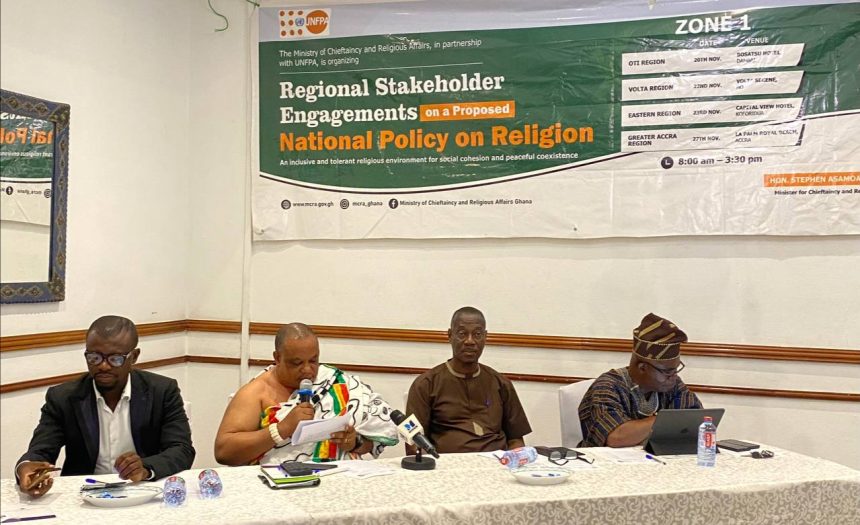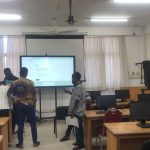In a significant stride toward promoting human rights, social justice, and well-being, the United Nations Population Fund (UNFPA) Ghana has forged a strategic partnership with the Ministry of Chieftaincy and Religious Affairs. The collaboration aims to contribute to the formulation of a National Policy on Religion, addressing critical issues such as cultural diversity, gender rights, and harmful practices.
To deepen engagement with all stakeholders and the general public, sixteen (16) Regional Stakeholder Consultations were scheduled as part of the process of drafting a National Policy on Religion. These consultations were crucial steps in the development of a comprehensive and inclusive policy that will promote religious harmony, diversity, and tolerance in Ghana.
The final sessions of these consultations were held in the Greater Accra Region at the La Palm Royal Beach Hotel and the Upper West Regions on Monday, November 27, 2023.
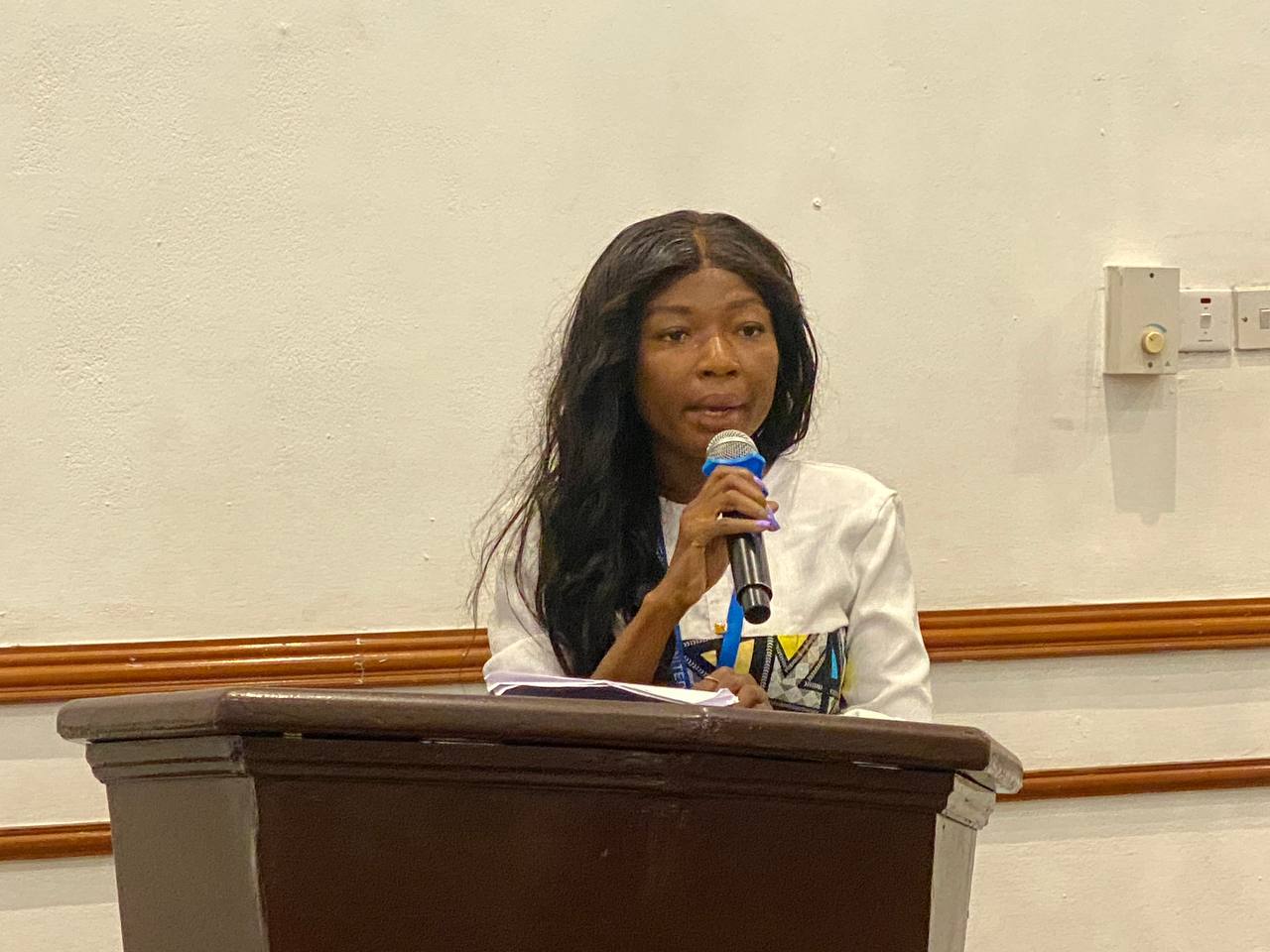
In a speech read on behalf of the UNFPA Country Representative, Dr. Wilfred Ochan, Abigail Edem Hunu, who is the UNFPA Ghana Programs Assistant for Gender, expressed the organization’s endorsement of the national policy on religion and emphasized UNFPA’s vital role in working with women, girls, and young people to empower them, ensure safe delivery, and support the realization of their dreams.
Recognizing the influence of religious leaders in providing guidance, The Country Representative applauded them for their essential social support, especially in vulnerable situations. Faith-Based Organizations, according to him, also play unique roles in society and are crucial for social support and the protection of the rights of young people, especially women and girls.
“For UNFPA, it was a welcome idea to partner with the ministry because we have a role to play by our mandate. We work with women, girls and young people. We work to ensure that women and girls are empowered, delivery is safe and every young person is supported to realise his or her dreams. We are also aware, that most people all over the world look up to religious leaders for guidance, directions, or inspiration especially when they become vulnerable and are looking for solutions.”
Religious Leaders are believed to have the following and the ability to lead their followers to step into the unknown with ease. They are an essential social support for many, both adults and adolescents in their everyday lives,” the speech read
Dr. Wildred Ochan further highlighted the significant impact of cultural and religious factors in shaping attitudes and behaviors related to reproductive health, family planning, and gender issues. He stressed the importance of engaging with religious leaders to promote dialogue and understanding.
In cases where religious teachings align with human rights, social justice, and the well-being of individuals and families, Dr. Ochan recognized the importance of such alignment.
“Cultural and religious factors play significant roles in shaping attitudes and behaviours related to reproductive health, family planning, and gender issues. As such, many religious leaders and institutions play crucial roles in shaping community attitudes. UNFPA recognizes the importance of engaging with religious leaders to promote dialogue and understanding.
In some cases, religious teachings may align with the principles of human rights, social justice, and the well- being of individuals and families. UNFPA recognizes the importance of understanding and respecting religious and cultural diversity,” his speech continued.
Drawing attention to harmful practices rooted in traditions, Dr. Ochan urged the audience to think about the future of young people and the necessity of policies addressing issues like female genital mutilation and child marriage.
“Let us together think about the future of our young people and put in place policies that involves addressing harmful practices, such as female genital mutilation and child marriage, which are rooted in traditions.”
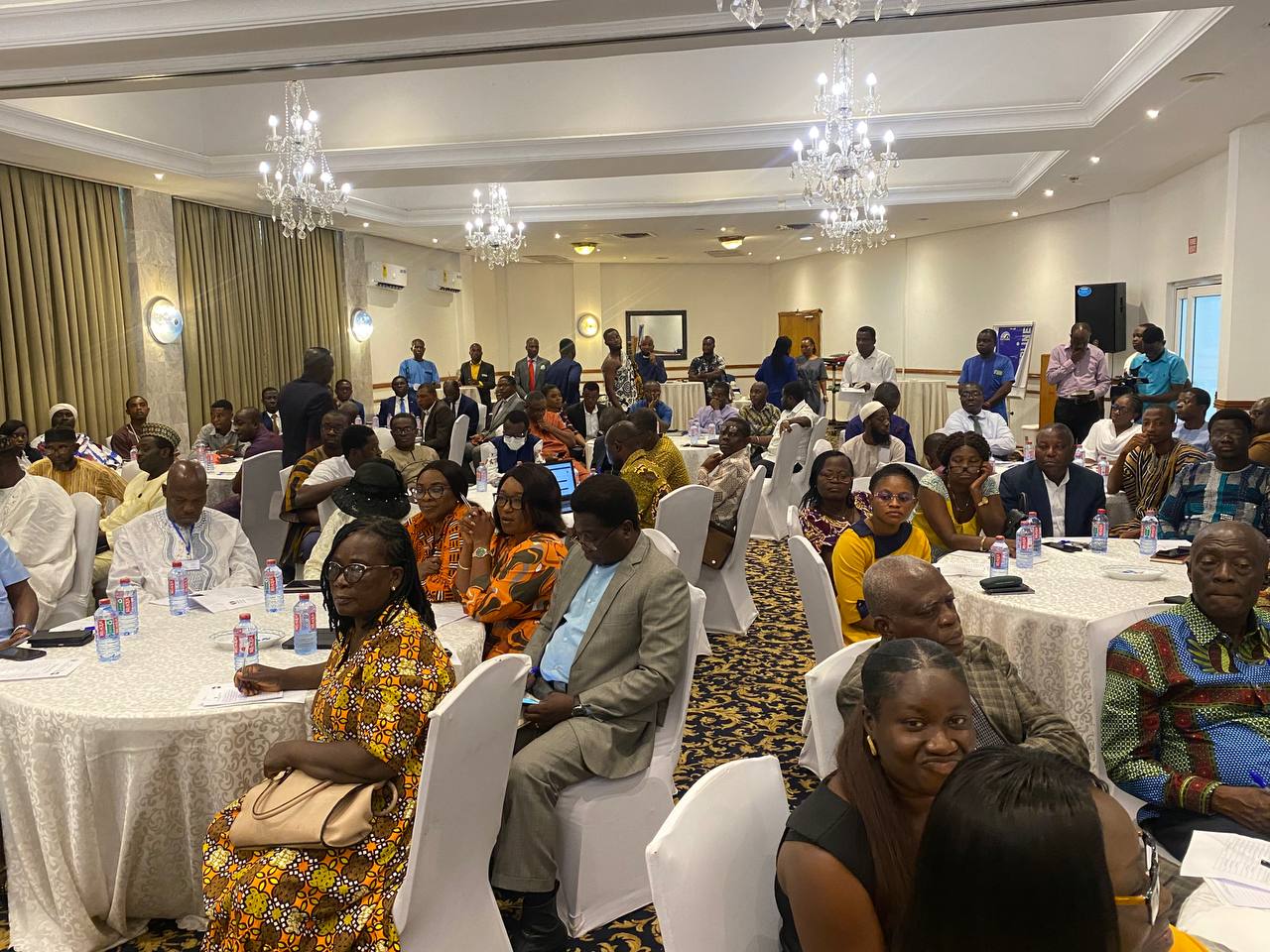
Speaking exclusively to UniversNews, Abigail Edem Hunu further highlighted UNFPA’s strategic partnership with religious and traditional leaders and explained that this collaboration is driven by the realization that certain social norms, traditions, and cultural practices impact the rights of women and girls.
By supporting the national consultation, UNFPA aims to ensure that the issues of women’s and girls’ rights are adequately considered in the policy development process.
Underlining the challenges faced by women and girls, including accusations of witchcraft and instances of child marriage, Hunu emphasized the need to amplify these issues while highlighting the intention to gather input from the people to shape a policy that factors in the specific needs of women and girls.
“We know that sometimes people hide behind religion and cultural practices and deny women and girl’s their rights. Women and girls are being accused of witchcraft and we also have issues of child marriage. We are in this country where we see people on television accusing women of witchcraft and we know the law frowns upon it. So basically, we are here to hear from the people and listen to the issues that relate to the religious and cultural practices and see how best that we can also amplify the issues that affect women and girls so that we have a policy that factors the needs of women and girls,” she spoke to UniversNews.
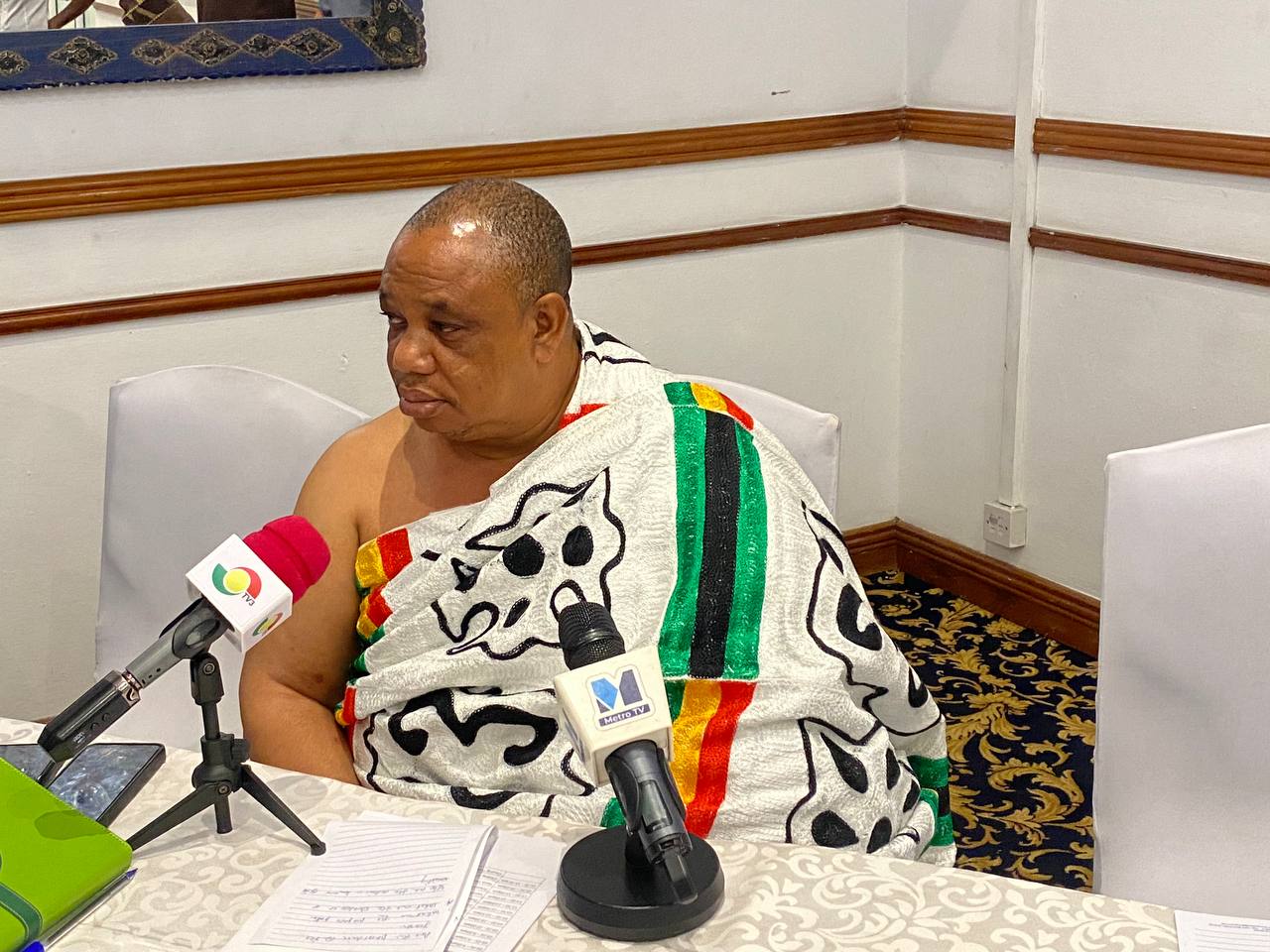
Meanwhile, the Minister of Chieftaincy and Religious Affairs, Stephen Asamoah Boateng, in a speech read on his behalf by Miyemliniaba Nii Adjei Asua Oweeni II, the La Agbaawe Mantse and Member of the La Traditional Council, indicated that the Regional Stakeholder Consultation serves as a vital platform for stakeholders—representatives from religious communities, civil society organizations, academic institutions, media outlets, and the general public—to contribute their views, concerns, suggestions, and recommendations.
He added that the objective is to shape a policy that genuinely reflects the aspirations and values of the people.
“We want to listen to your views, concerns, suggestions, and recommendations on how to shape a policy that reflects the aspirations and values of our people. This, we believe, will help us ensure that our religious environment is devoid of rancor, bickering, and acrimony. When this is achieved, we will coexist, and Ghana will win eventually,” the Minister’s speech read.
The Minister further indicated that the forthcoming National Policy on Religion aims to address challenges arising from the coexistence of diverse faiths and beliefs. It aspires to create a framework ensuring the protection and promotion of the rights and freedoms of all religious groups.
He then thanked the United Nations Population Fund (UNFPA) Ghana Country Office for their generous support, along with contributions from the National Development Planning Commission and the Department for the Study of Religions at the University of Ghana, Legon.
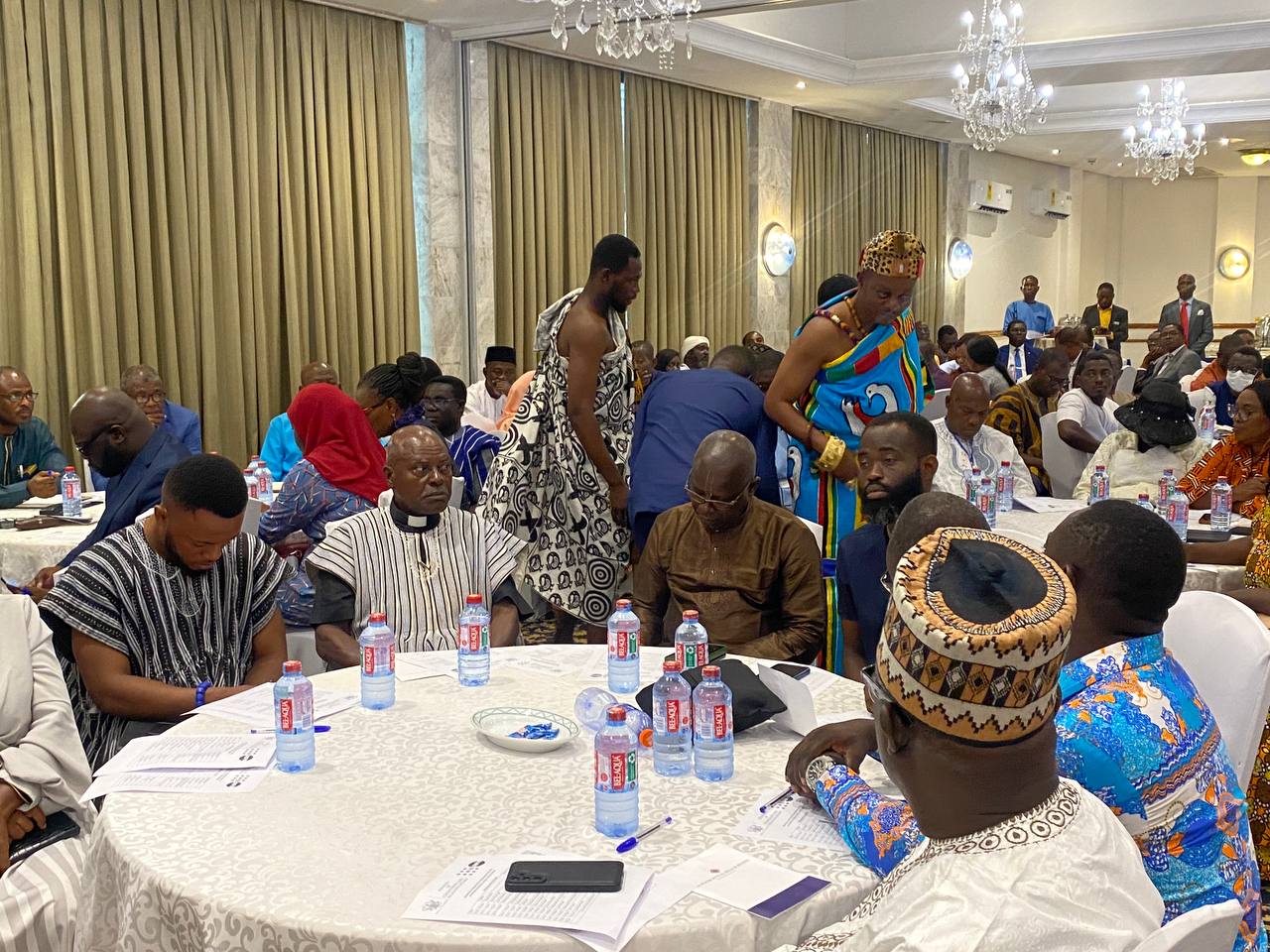
Dr. Harry L. K Agbanu, from the Department for the Study of Religions, University of Ghana and Consultant for the Ministry of Chieftaincy and Religious Affairs, who also spoke to the media, emphasized the emotive nature of religion.
Recognizing Ghanaians’ passion for their beliefs, he highlighted the potential chaos that could arise without regulations. He added that the workshop, serving as a regional consultative meeting, seeks to formulate a policy that guides religious practices in this religiously pluralistic society.
Dr. Agbanu also cautioned against the manipulation of religion for political gains and urged politicians not to exploit religious sentiments for individual ambitions, emphasizing that religion should remain non-political.
“Because of the emotive nature of religion, there will be a need for some regulations, some policy to guide how we behave as religious people. Ghana is a religiously pluralistic society. So if we all want to exercise our right to religion without any control, we might find ourselves in chaos.
I think Ghanaians have become so mature, politically. Anyone who wants to play the religious card may be digging his or her own grave because religion is not political. Religion is non-political. And so we urge our members, our politicians, not to go the way of trying to arouse religious feelings and passion just for the benefit of individual, political ambition,” he said.
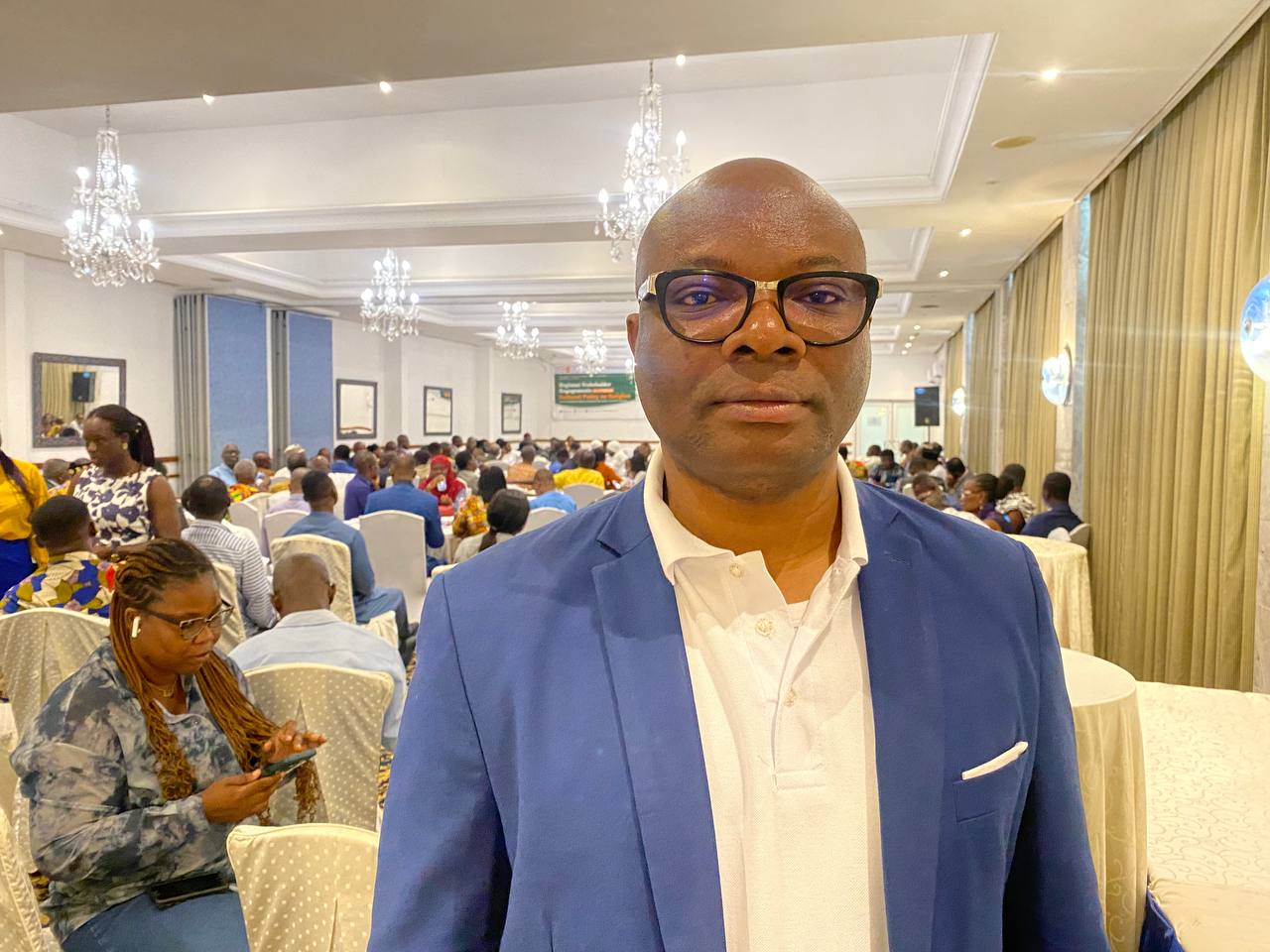
Reverend Engineer Emmanuel Dedzo, a participant in the workshop and Divisional Overseer for Teshie Nungua Division of the Deeper Life Bible Church, who also spoke to UniversNews, expressed the need for ongoing discussions.
He highlighted issues such as religious intolerance and workplace discrimination based on religion, calling for a second and third phase of the workshop to comprehensively address these concerns.
“We talked about religious intolerance, which I think is becoming a problem. We also talked about the inequalities within the system. When you go to workplaces, due to one’s religion, there’s discrimination. People are not allowed to practice their faith, at the workplaces, and the communities they find themselves. I think this is a very fantastic workshop that should be repeated because we did not exhaust everything that we needed to discuss here. But I think there should be a second phase and a third phase as we try to develop a national policy on religion,” he said.
Rev. Dedzo also emphasized the coexistence of culture and religion. He stressed that becoming a Christian or Muslim should not necessitate a change in cultural practices. The distinction between tradition and culture was underscored as a key consideration in developing the policy.
“And we also need to appreciate the fact that gospel and culture are not rivals. They should coexist. When one becomes a Christian, or a Muslim for that matter, it doesn’t mean you should change your culture. There’s a difference between tradition and culture. So when it comes to religion and culture, you should go ahead and practice your culture. But religion is a different ballgame,” he added.
In closing, Rev. Dedzo urged tolerance among individuals of different faiths. He emphasized that coexisting peacefully requires mutual appreciation and understanding, reinforcing the workshop’s core theme of promoting a peaceful and tolerant nation.
The Ministry of Chieftaincy and Religious Affairs, backed by UNFPA Ghana and other supporting organizations, stands at the forefront of fostering a more inclusive and tolerant religious environment. The regional consultation serves as a vital step toward shaping a comprehensive National Policy on Religion that reflects the diverse religious landscape of the country and ensures the protection of fundamental rights and freedoms.
–
Story by: Kelly Adjetey Boye | univers.ug.edu.gh

